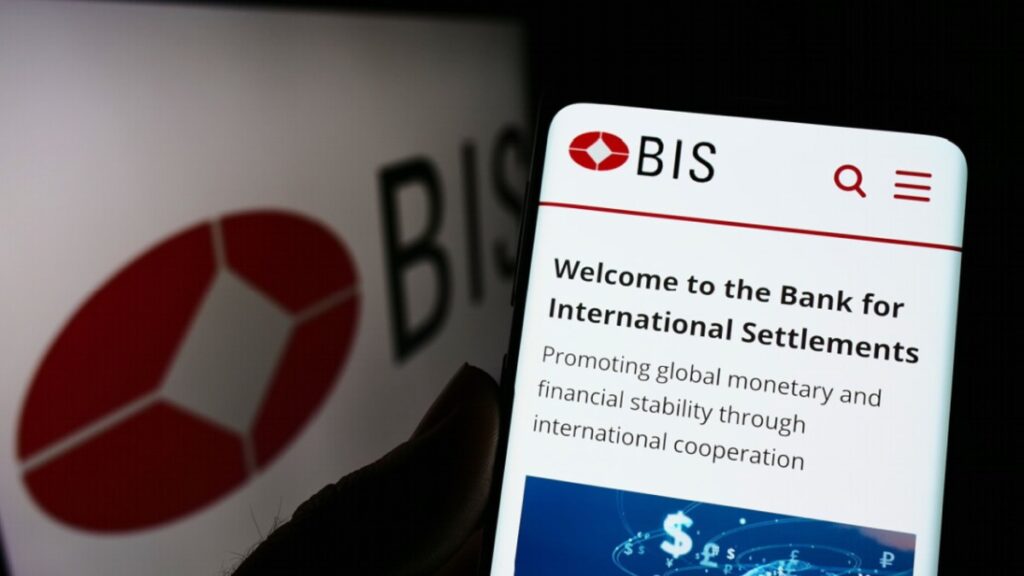BIS will introduce Project Agorá, to investigate the possibility of tokenization and improve the effectiveness of international financial systems.

As the global representative of 63 central banks, the Bank for International Settlements (BIS) is in charge of several initiatives to introduce national digital currencies and utilize technology to enhance market functioning.
Financial institutions worldwide are becoming increasingly interested in tokenization, or the process of turning physical assets into digital tokens. Local companies were urged to improve their tokenization efforts by a study recently backed by the government of the United Kingdom.
Furthermore, prominent financial giant HSBC revealed this month that it will be tokenizing gold for Hong Kong investors. Remarkably, data from Tom Wan of 21.co shows that the market value of tokenized US Treasury notes on public blockchains crossed $1 billion for the first time in March.
Project Agorá, which takes its name from the Greek word for marketplace, will involve private financial companies working with monetary authorities from the New York Fed, Japan, South Korea, Mexico, Switzerland, and the United Kingdom.
The project looks into the best ways to link tokenized wholesale central bank money with tokenized commercial bank deposits on a public-private programmable core financial infrastructure.
According to the announcement, this integration could “enhance the functioning of the monetary system and provide new solutions using smart contracts and programmability while maintaining its two-tier structure.”
The BIS Innovation Hub’s head, Cecilia Skingsley, stressed that the project’s main goal is to create a more effective payment infrastructure that may eventually bring disparate payment systems together. Skingsley said:
“We will not just test the technology; we will test it within the specific operational, regulatory and legal conditions of the participating currencies, together with financial companies operating in them”
During a press briefing, Hyun Song Shin, the chief of research at BIS, expressed excitement about the project’s ambitions.
“We’re aiming for something that will eventually be very usable and make a real difference,” Shin said, noting the project’s foundation on the current infrastructure as a reason for this optimism.
